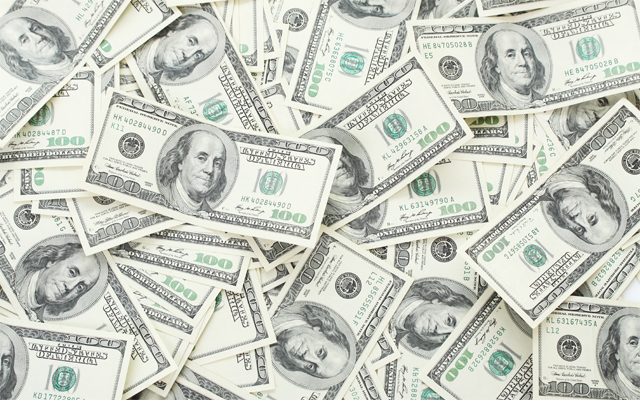Back in November, I wrote a story speculating on just how high cannabis taxes would be in California and what kind of effect that would have on the legal industry. Since retail sales began earlier this month, we are starting to get reports on social media on just how much the various taxes on recreational marijuana are affecting the price.
While some are fine with higher prices and are just happy for the opportunity to buy cannabis legally without a medical recommendation and others balk at the excessive cost, the overall effect of high taxes will be a suppression of the legal market, something that will keep the black market afloat. But not everyone sees a problem:
“I hope the state holds its nerve because this problem — if it even is a problem — will correct itself,” said Keith Humphreys, a psychiatry professor at Stanford University who studies marijuana policy. In other words, he hopes the state keeps taxes where they are and lets the natural price drop that will come from legal sales lower the overall prices.
Logically we know that an increased supply of legal cannabis as time goes on will lower prices; this is simple supply and demand at work. As supply increases relative to the overall demand for marijuana, prices will fall as a result. And we are already seeing empirical evidence of this logic at work in places like Colorado and Washington, where prices have plummeted.
Time will tell how far prices fall in California, and what effect this will have on the black market there. But those in the Golden State who may be expecting a lowering of cannabis taxes shouldn’t hold their breath; California is a high-tax state, with income and sales tax rates higher than any other state in the country.
The industry in CA could even get to a point where the majority of the price is actually taxes, although that will be difficult since some of the taxes are based on percentages, which means that those tax amounts will fall as prices fall. For example, the state’s 15% cannabis excise tax would be $15 on something that costs $100, but if that same item falls to a price of $75, the tax would only come to $11.25.
The important thing to remember is that the reduction of the cannabis black market will be a long process, no matter what state we are talking about. Bringing millions of people from the illegal market to the legal one will only happen if those people feel they have incentives to switch, like lower prices, better quality, variety and more convenience.






